
The Asian Infrastructure Investment Bank (AIIB) and the European Bank for Reconstruction and Development (EBRD) agreed on Wednesday to deepen cooperation between their two organizations.
The two development banks signed a Memorandum of Understanding (MOU) at the EBRD's annual meeting here.
Under the MOU, the banks agree to deepen their promotion of economic development and investment in countries where both are active.
The EBRD said in a statement that it had been a strong supporter of the AIIB from its inception and shared with the AIIB its experiences in such areas as investment processes and the development of infrastructure and energy projects.
The EBRD statement quoted AIIB President Jin Liqun as saying: "Today we take another important step forward in deepening our collaboration with the EBRD, aiming to address the significant funding needs for infrastructure investment across Asia and the rest of the world. We... look forward to continuing to build on this meaningful partnership."
EBRD President Sir Suma Chakrabarti said: "I very much welcome the role that the AIIB will play in helping to narrow the huge infrastructure investment gap that emerging economies face. We have already built up close ties with the AIIB and shared our own experiences. I now look forward to strengthening this association and working together on joint projects."
The MOU notes cooperation will take place in the form of regular dialogue at the level of senior management, exchanges of information on respective policies and strategies and on activities in common areas where the banks invest. The two institutions have already started cooperation, according to the EBRD statement.
The first joint project, a road linking Dushanbe, Tajikistan, with the Uzbek border, will form part of the east-west highway in Central Asia.
The EBRD board of directors has just approved the project for financing, and the AIIB board is expected to consider AIIB financing in June, the statement said.
The two banks are currently considering other joint infrastructure projects in Central Asia, it added.
















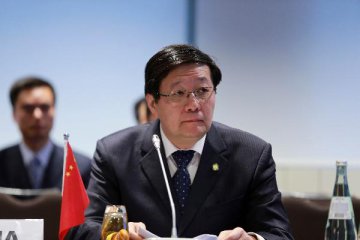
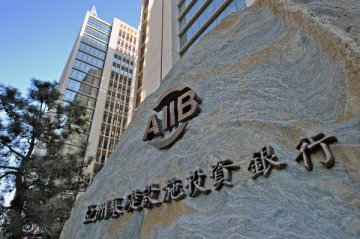
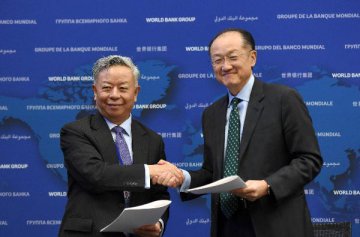
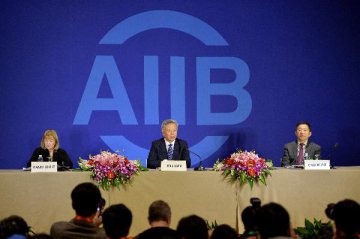

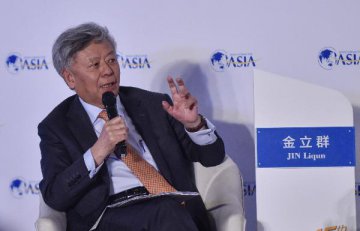


Latest comments